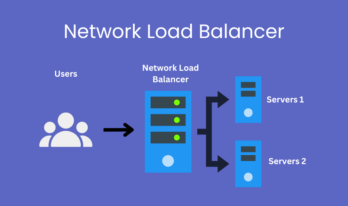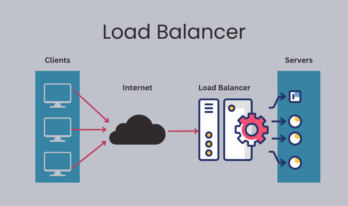Information is collected on a daily basis to increase the value of the business.
However, the data collected must be unified and should be presented in a format that is practical for the operational as well as analytical purposes.
Data mapping tools are helpful here.
If a business is just starting out with this, then an open-source tool might be a better option.
Let us discuss some of the better open-source data mapping tools.
List of Open Source Data Mapping Tools
The tool helps the users in promoting geospatial data.
Users have the privilege here of modifying data related to how much it is displayed and how it will be displayed.
Carto database is basically set up on PostgreSQL, whereas CSS functions on the display of data.
Key Features:
- Fraud detection.
- Catastrophe modelling.
- Geo-marketing.
- Mobility planning
This tool is the product of the organization Talend that offers open-source solutions for data management.
It is one of the authoritative data integration tools when it comes to projects related to ETL.
It helps in the ETL design process until its execution.
It provides graphical environments to its users, this way they can map the data right from the source to the destination systems.
Key Features:
- On-premise deployments.
- More than 900 pre-built connectors.
- Supports operating systems like Windows, Ubuntu, and macOS.
Also Read: What are the Best Practices for Data Mapping?
It’s a data integration and a web-based tool. It makes it easy to convert data into multiple formats.
It allows integrating data from multiple data sources like including databases, spreadsheets, and delimited text files.
Karma data integration tool allows users to integrate tabular data that includes spreadsheet into visual environments.
By this, it becomes easier for the user to understand the mapping of data to ontologies and compare the VIVO-ISF Ontology diagrams.
Key Features:
- Support of data integrations through Web API.
- Use of ontologies for data mapping.
DX Mapper is a powerful graphical data mapping tool.
Apart from being capable of performing complex interaction tasks, this tool supports multi-step mapping too.
Unstructured as well as structured data like XML, EDI, IDOC, CSV, and PDF are well supported by this tool.
Key Features:
- Block component (Reusability of mapping components).
- Electronic data interchange support.
Conclusion
An open-source data mapping tool is such a cost-effective tool that is ideal for organizations of any size.
You can choose from any of the above-mentioned tools to map the data right from its extraction point to its destination point efficiently and cost-effectively.




